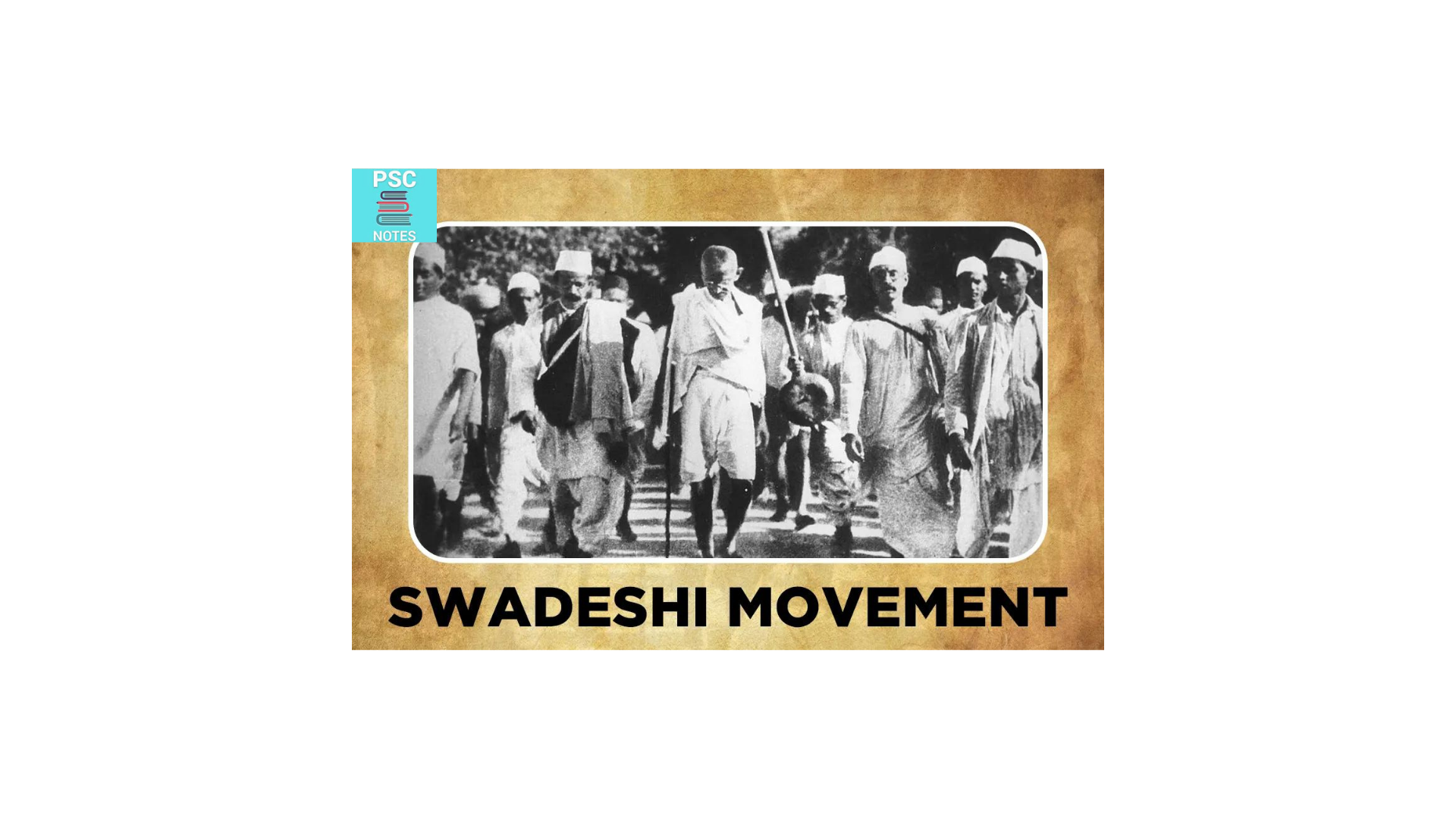The Battle of Taraori and aftermath
The Battle of Taraori and after Dattaji who had raised the seige of Sukkartal decided to meet the Shah. He crossed the Jamuna at the Andhera Ghat (December 18, 1759) and then finalised his plans at Kunjapura. The best 25,000 troops he himself retained while the others under Janakoji and Imad formed his rear … Read more
